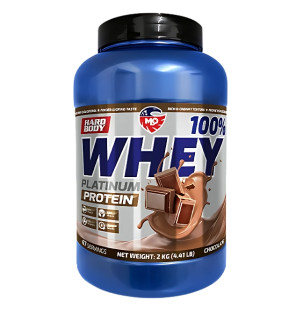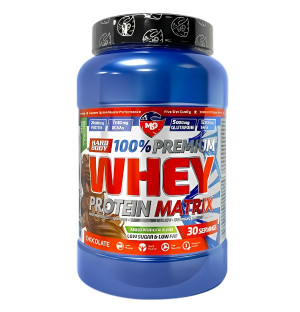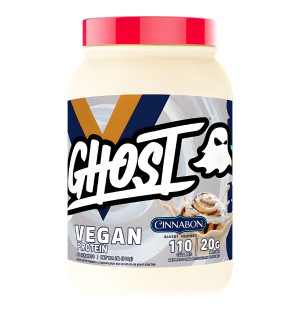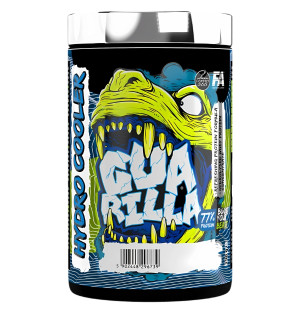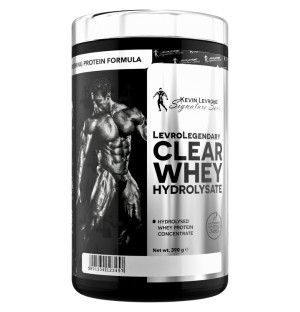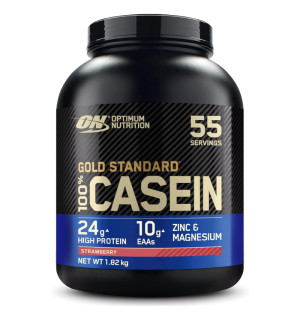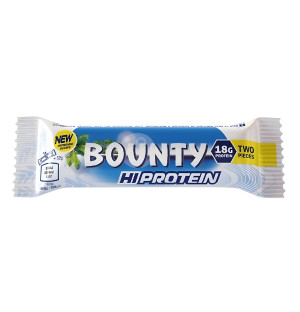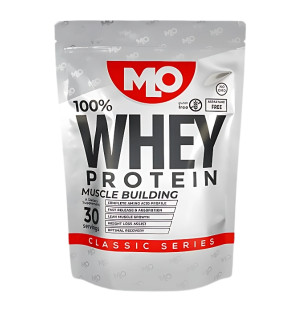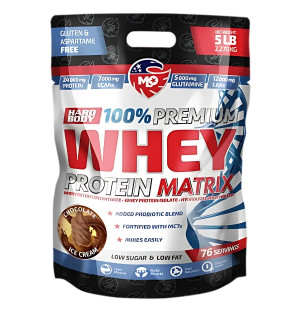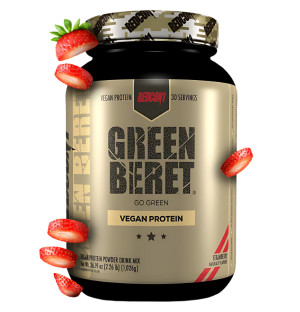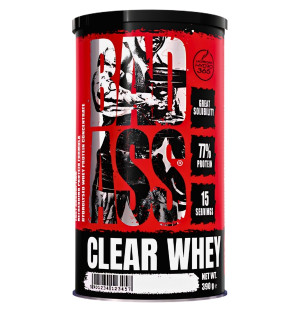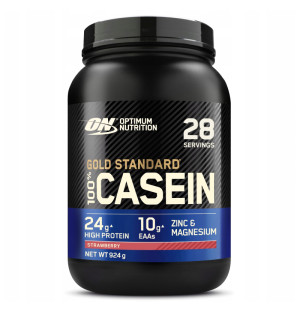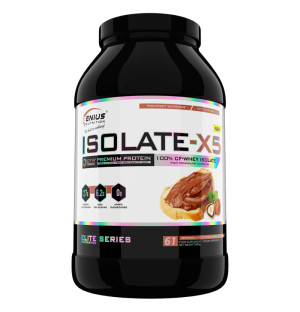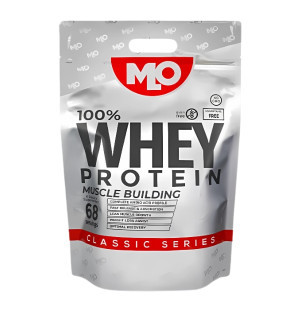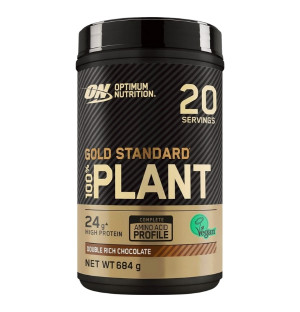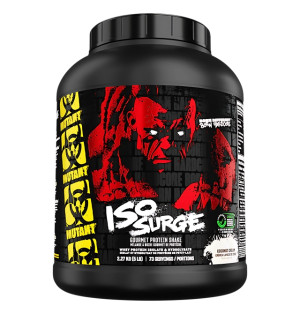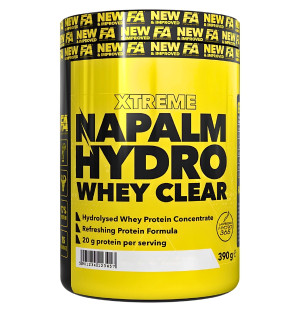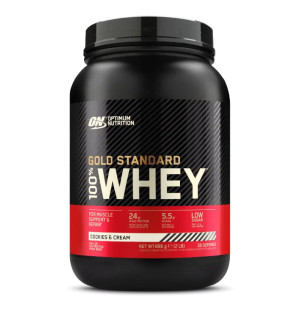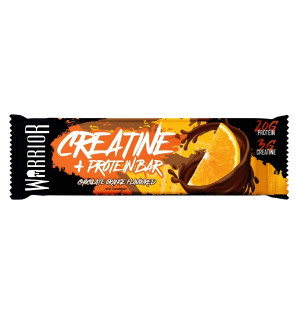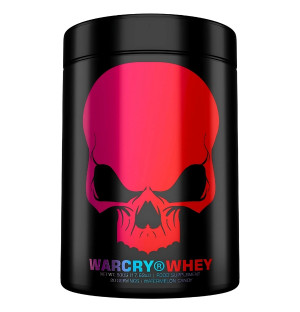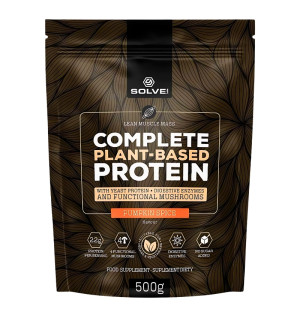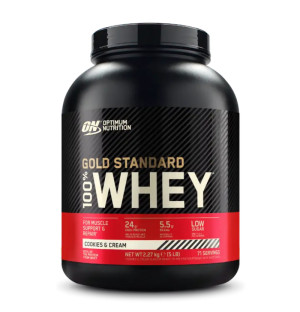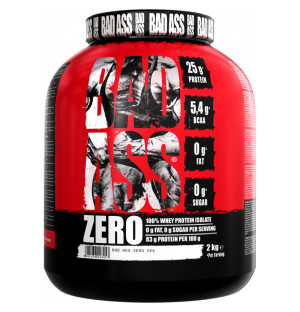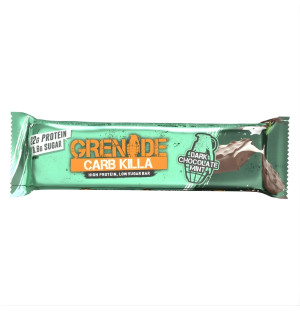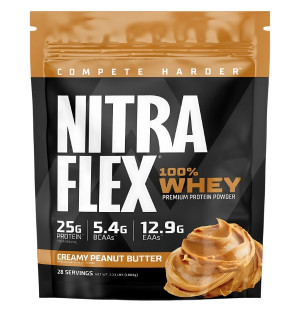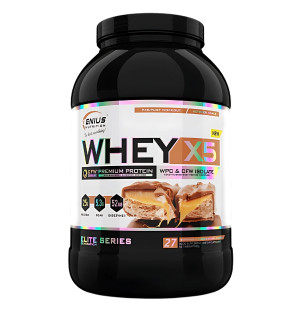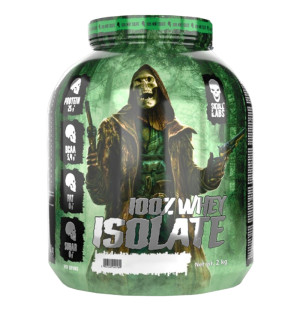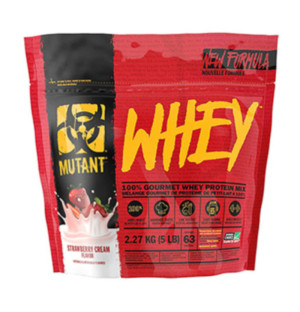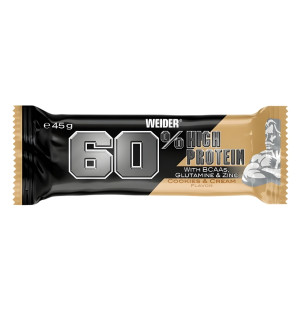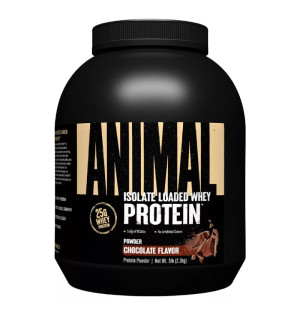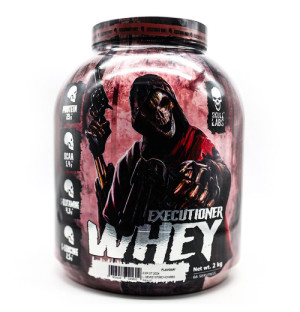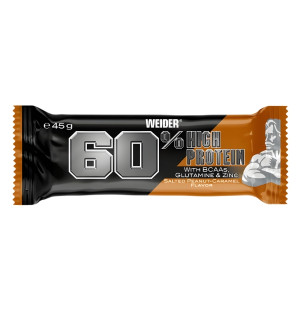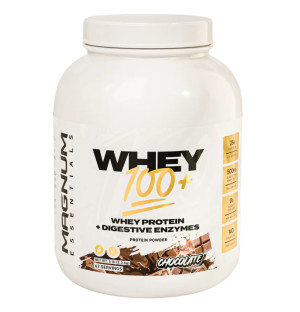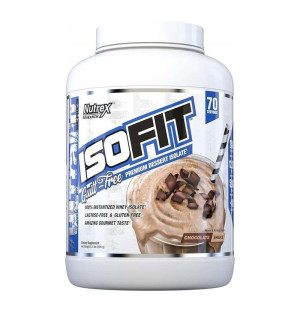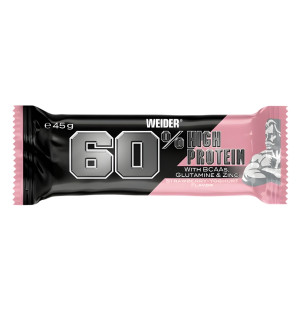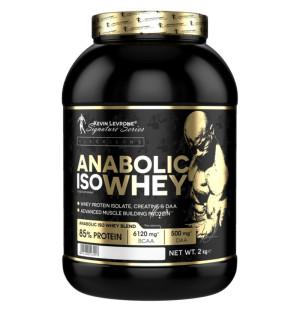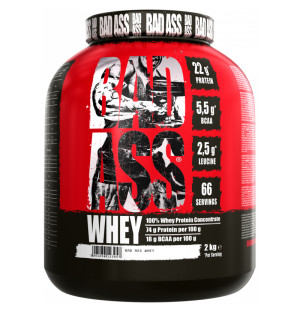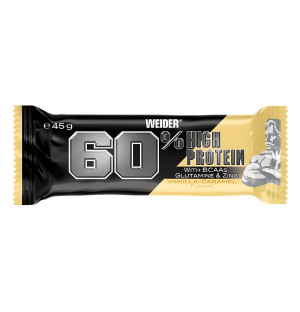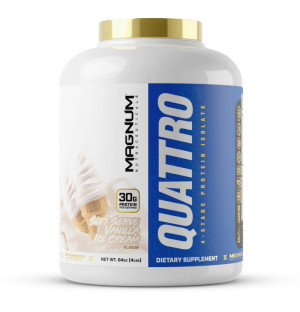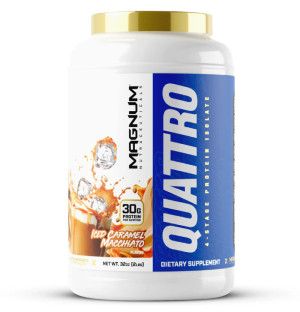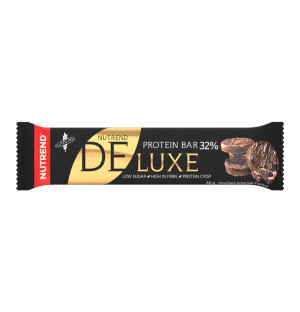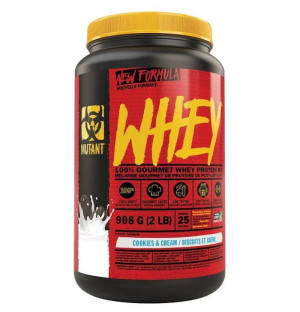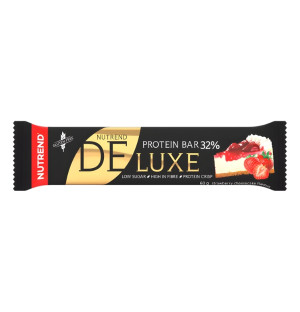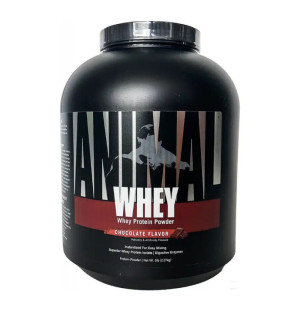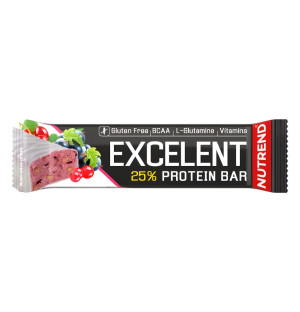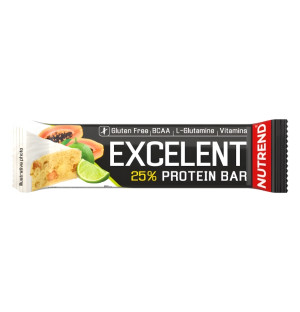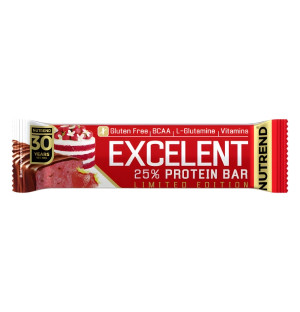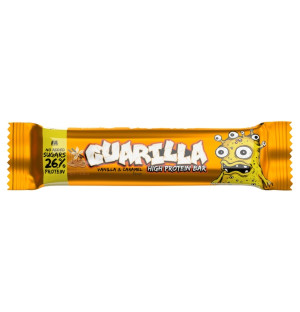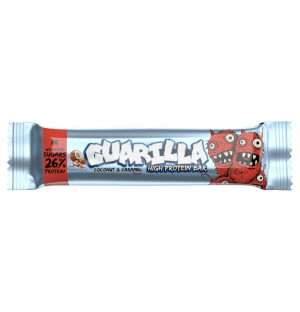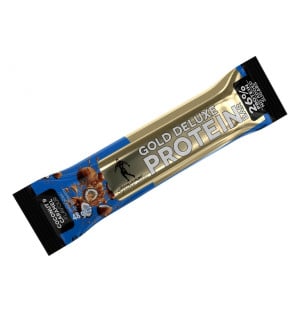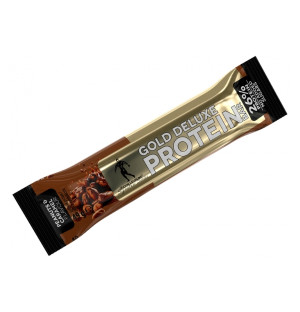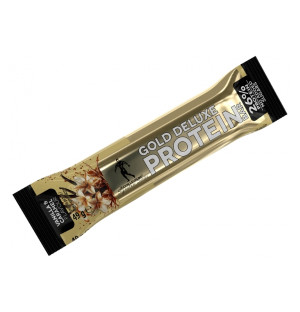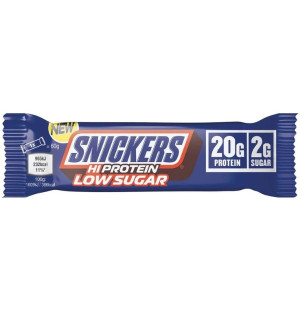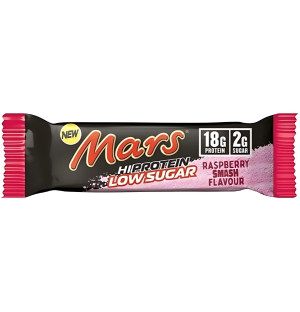Proteins
Protein (also known as proteins) is one of the three basic macronutrients in the human diet, alongside carbohydrates and fats. It is an organic compound found in every living organism and is an essential component of a balanced diet. Protein supplements have gained huge popularity not only among athletes but also among individuals who care about proper nutrition and a healthy lifestyle.
A proper protein intake is crucial for maintaining health, supporting muscle recovery after physical activity, and achieving training goals – whether you aim to increase muscle mass, reduce body fat, or improve overall fitness.
What is protein?
Definition and Structure
Protein is an organic compound built from amino acids joined by peptide bonds. An adult human body contains about 15% protein relative to body weight, which for an average man amounts to almost 11 kg of protein. Proteins are a component of every cell in the body and are essential for the proper functioning of all systems.
Proteins are made up of amino acids, which perform various functions in the body. Amino acids are classified into:
- Exogenous (essential) – the body cannot produce them on its own, so they must be obtained from food
- Endogenous – the body can synthesize them on its own
Functions of protein in the body
Protein performs a range of key functions in the body:
- Structural function – it is a basic component of tissues, including muscles, bones, and blood
- Transport function – it forms structures responsible for transporting substances within the body (e.g., red blood cells)
- Immunological function – it is essential for the proper functioning of the immune system
- Storage function – it enables the storage of elements, such as iron
- Energy function – it provides calories to the body (although it is not the preferred source of energy compared to carbohydrates and fats)
Types of Protein Supplements
There are many types of protein supplements available on the market, differing in terms of their source, composition, absorption rate, and usage. Here are the most important ones:
Whey Protein
The most popular type of protein supplement, derived from milk whey. It is available in three main forms:
- Whey Protein Concentrate (WPC) – contains about 80% pure protein, thereby retaining more biologically active components, but also contains small amounts of lactose and fat.
- Whey Protein Isolate (WPI) – contains over 90% pure protein, is almost free from lactose and fat. It is characterized by rapid absorption (within 60 minutes), thus quickly supplying the body with amino acids. It is easily digestible and has a low calorie count.
- Whey Protein Hydrolysate (WPH) – subjected to enzymatic hydrolysis, which breaks long peptide chains into shorter ones, accelerating absorption. It is the fastest absorbed but is often the most expensive.
Micellar Casein
Casein protein makes up the majority of the proteins found in cow's milk. Unlike whey protein, casein is characterized by the slow release of amino acids into the bloodstream, ensuring a steady supply for a longer period (up to 8 hours).
Micellar casein stands out for:
- A high content of exogenous amino acids
- A prolonged digestion time
- The ability to provide a feeling of satiety
- Ideal properties for consumption before a long period without a meal (e.g., before sleep)
Plant-based Protein
Plant-based protein supplements are an excellent alternative for those on a vegan diet, with lactose intolerance, or allergy to milk proteins. The most popular sources include:
- Pea protein
- Rice protein
- Soy protein
- Hemp protein
Protein Blends
Multi-component protein supplements that combine different types of protein, designed to provide both rapid and prolonged amino acid release. They often include a combination of whey protein and casein, providing comprehensive support for the body.
Effects and Benefits
Proper protein supplementation brings numerous health and performance benefits:
Impact on muscle building and recovery
- Supports muscle protein synthesis (MPS) – protein supplies the amino acids necessary for the building and repair of muscle tissue
- Minimizes muscle catabolism – reduces the breakdown of muscle tissue, particularly important during intense training and calorie-restricted diets
- Accelerates post-workout recovery – shortens the time needed to repair micro-damages incurred during training
Support during body fat reduction
- Increases satiety – protein effectively suppresses hunger, which helps control overall calorie intake
- Accelerates fat burning – protein supports metabolic processes related to fat reduction
- Enhances post-meal thermogenesis – increases resting metabolic rate and the body’s energy expenditure
Health Benefits
- Strengthens the immune system – for example, whey contains alpha-lactalbumin, which positively impacts the immune system
- Provides all essential amino acids – complete protein supplements contain a full profile of essential amino acids, including BCAAs
- Supports bone health – protein is necessary for maintaining proper bone structure
Who Should Use Protein Supplements?
Protein supplements are especially recommended for:
Athletes and Physically Active Individuals
People engaged in strength, strength-endurance, and endurance sports have an increased need for protein. The recommended daily protein intake is:
- 1.4-1.6 g/kg of body weight for endurance sports
- 1.8-2.2 g/kg of body weight for strength sports and muscle building
Individuals on a Weight Loss Diet
During body fat reduction, protein helps:
- Preserve muscle mass
- Control appetite
- Increase energy expenditure
People with Limited Time
For those who do not have time to prepare fully balanced meals, protein supplements serve as a convenient addition to the diet.
Individuals with Low Dietary Protein Intake
Vegetarians, vegans, and people with dietary restrictions may struggle to provide enough protein solely from food.
Safety and Side Effects
Potential Side Effects
Protein supplements are generally safe, but excessive consumption may lead to:
- Increased frequency of bowel movements
- Heightened thirst
- Bloating
- Reduced appetite
These are usually effects of improper product usage. It is recommended to adhere to the recommended doses and follow the manufacturer's guidelines.
Contraindications
Protein supplements may not be suitable for:
- Individuals with kidney disease – excessive protein intake can further burden the kidneys
- People with severe lactose intolerance – in the case of dairy-based proteins (although isolates contain minimal lactose, and there are products available that are completely lactose-free)
- Individuals with a milk protein allergy – should opt for plant-based alternatives
Legal Status
Protein supplements are legally available dietary supplements. They are not on the list of banned substances in sports and can be used by athletes without the risk of disqualification.
How to Use Protein Supplements?
Dosage
- Standard serving: 25-30 g of protein (usually 1 scoop of powder)
- Frequency: dependent on individual needs and diet
- Dilution: typically 1 scoop per 200-300 ml of water or milk
Optimal Timing for Consumption
- After workout: whey protein (rapid absorption)
- Before sleep: casein (slow release)
- Between meals: any type as a supplement to daily protein intake
- Meal replacement: protein blends or multi-component products
Combining with Other Supplements
Protein supplements can be used in conjunction with:
- Carbohydrates – for better glycogen replenishment after exercise
- Creatine – to support muscle mass growth
- Vitamins and minerals – for overall health support
Frequently Asked Questions (FAQ)
Are protein supplements harmful to health?
Protein supplements from reputable manufacturers are safe for health. They simply provide a concentrated source of protein that is also supplied to the body through food. It is key to follow the recommended dosage and avoid the myth that "more is better".
Do protein supplements cause fat gain?
Protein by itself does not cause fat gain. On the contrary – it may even support fat reduction. Excess calories – regardless of their source – can lead to an increase in body fat. Protein supplements that are low in carbohydrates and fats are usually low-calorie.
What is the difference between an isolate and a concentrate?
The main differences are the content of pure protein (90%+ in isolates vs. 80% in concentrates), the amount of lactose and fat (minimal in isolates), absorption speed (faster in isolates), and price (isolates are usually more expensive). Concentrates retain more bioactive components, whereas isolates are more concentrated and easier to digest.
Is protein only necessary for strength training individuals?
No. Protein is essential for everyone, regardless of physical activity. Active individuals have an increased need, but everyone requires protein for the proper functioning of the body. Endurance athletes, those on a weight loss diet, and older adults can also benefit from proper supplementation.
Can I replace meals with protein supplements?
Protein supplements should complement a balanced diet, not completely replace meals. Occasional meal replacement with a supplement is acceptable, but in the long term, the body needs a full spectrum of nutrients from a variety of food sources.
Why Buy at GymHub.pro?
At GymHub.pro, we offer only protein supplements from reputable manufacturers, guaranteeing the highest quality and effectiveness. Our products stand out due to:
- Certified quality – every product undergoes rigorous quality control
- Transparent composition – full information on the content and origin of ingredients
- Diversity – we offer all types of proteins: whey, casein, plant-based, and blends
- A wide variety of flavors – from classic to innovative flavor compositions
- Professional advice – our experts will help select the right product for your needs
- Competitive prices – the best quality at a reasonable price
We work directly with manufacturers, minimizing the risk of counterfeits and offering fresh products with a long shelf life.
Legal Disclaimer
The information provided on this site is for educational purposes and does not constitute medical advice. The products offered in the GymHub.pro store are dietary supplements and cannot replace a varied diet. We recommend consulting with a doctor or dietitian before starting supplementation, especially in the case of chronic illnesses, pregnancy, breastfeeding, or medication use. Keep out of reach of children. Do not exceed the recommended daily portion.
GymHub.pro is not responsible for any adverse effects resulting from improper use of supplements contrary to the manufacturer’s recommendations. The effects of supplementation may vary depending on individual body predispositions, diet, and physical activity.


